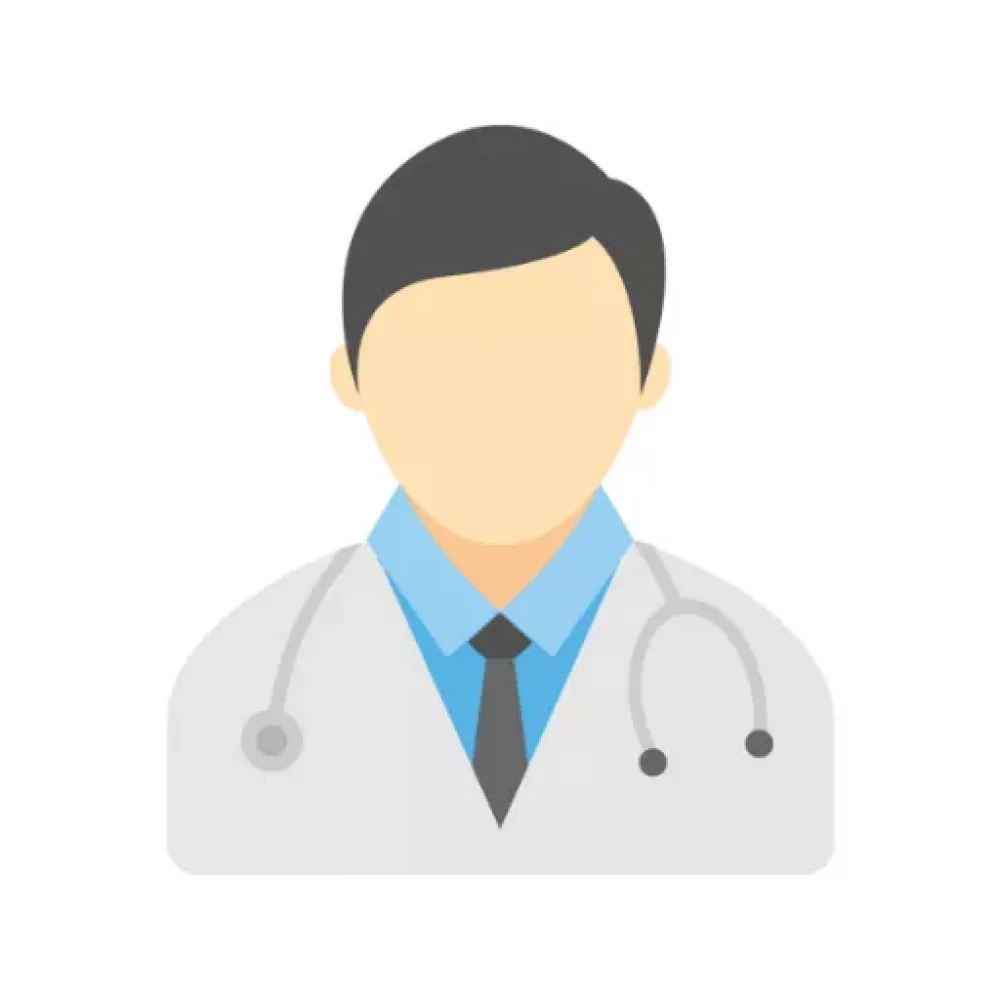Advanced laboratory services play a crucial role in modern healthcare by providing accurate, timely, and reliable diagnostic results that inform clinical decisions. These services are integral to diagnosing, monitoring, and managing a wide variety of medical conditions. With the advent of cutting-edge technologies, laboratories have become more precise and efficient, allowing healthcare providers to detect diseases early, customize treatment plans, and improve patient outcomes.
The role of advanced laboratory services extends to Endoscopy, Colonoscopy, and ERCP, providing accurate diagnoses. Combined with medical records, these technologies ensure comprehensive care and precision in healthcare, improving patient outcomes.
They allow healthcare professionals to track test results, monitor patient progress, and make informed decisions about treatment plans. The integration of medical records with laboratory services improves communication between healthcare providers, streamlining the diagnosis and treatment process. By combining advanced diagnostic tools, accurate medical records, and personalized care, healthcare institutions can offer patients optimal outcomes and a higher standard of care.
Advanced Laboratory Services
Advanced laboratory services are at the heart of diagnostic medicine, providing critical information that guides treatment decisions. These services include sophisticated tests and technologies that help identify a broad range of diseases, from infectious conditions to chronic illnesses like diabetes and cancer. Today’s laboratories are equipped with automated systems, high-end analytical tools, and highly skilled personnel to perform tests that require complex techniques and precision. These services are essential not only for diagnosis but also for monitoring the progression of diseases, assessing treatment responses, and predicting future health risks.
- Automation and Robotics: The use of automation and robotics in laboratories enhances the speed and accuracy of test results, ensuring efficient service delivery.
- High-Throughput Screening: Allows for the rapid analysis of large volumes of samples, enabling comprehensive diagnostics.
- Advanced Imaging Systems: These systems improve disease detection, particularly in complex conditions like cancer and cardiovascular disease.
Advanced laboratory services provide healthcare professionals with comprehensive data, enabling better decision-making and personalized treatment strategies for patients.
Clinical Diagnostics
Clinical diagnostics is a vital area of advanced laboratory services, encompassing a wide range of tests that assist in identifying health conditions and diseases. These diagnostics include tests for bacterial and viral infections, hormonal imbalances, and organ function assessments. The use of state-of-the-art technology in clinical diagnostics allows laboratories to offer rapid, accurate, and non-invasive diagnostic solutions. These tests are critical for establishing a clear diagnosis, which can then guide appropriate treatments.
- Molecular Diagnostics: Advanced techniques like PCR are employed to detect conditions at their earliest stages.
- Point-of-Care Testing: Rapid diagnostic tests that provide immediate results are increasingly used in clinical diagnostics.
- Non-Invasive Tests: Blood tests and imaging allow for quicker and more comfortable patient experiences.
By incorporating cutting-edge technology and innovative methods, clinical diagnostics are becoming more accurate and accessible, ensuring better health outcomes for patients.
Pathology Testing
Pathology testing is an essential part of advanced laboratory services, focusing on the study of disease through the examination of tissues, organs, and bodily fluids. Pathologists analyze samples to identify abnormalities, including tumors, infections, and autoimmune conditions. Pathology testing includes histopathology, cytology, and molecular pathology, which help in the identification and staging of diseases, especially cancer. This branch of laboratory science is essential for determining the cause of disease and for monitoring the effectiveness of treatments.
- Histopathology: Involves examining tissue samples under a microscope to detect diseases like cancer.
- Cytology: Studies individual cells, offering valuable insights into cancer and other cellular disorders.
- Molecular Pathology: Uses advanced techniques such as PCR to identify genetic mutations and biomarkers that aid in disease diagnosis.
Pathology testing provides healthcare professionals with critical insights into disease mechanisms, aiding in accurate diagnosis, prognosis, and treatment planning.
Genetic Screening
Genetic screening is one of the most revolutionary aspects of advanced laboratory services, offering insights into a patient’s genetic makeup. It helps identify inherited genetic disorders, predict susceptibility to certain conditions, and guide treatment decisions based on an individual’s genetic profile. This screening involves analyzing a person’s DNA to detect mutations or variants that may lead to diseases like cystic fibrosis, Huntington’s disease, or certain cancers. It can also help in prenatal diagnostics and assess the risk of genetic conditions in offspring.
- Hereditary Disease Testing: Genetic tests can provide insight into inherited conditions, offering preventive care options.
- Prenatal Genetic Screening: Helps expectant parents assess the health of their unborn child.
- Pharmacogenomics: This emerging field uses genetic data to personalize drug treatments, enhancing efficacy and minimizing side effects.
With genetic screening, patients benefit from personalized healthcare plans that are proactive, preventive, and specific to their genetic predispositions.
Blood Analysis
Blood analysis is a cornerstone of advanced laboratory services, providing critical information about a patient’s overall health. It involves testing various components of the blood, including red and white blood cells, platelets, hemoglobin levels, and glucose. Blood tests are used to diagnose conditions such as anemia, infections, diabetes, and kidney disease. Modern blood analysis involves highly sensitive equipment and tests like blood cultures, metabolic panels, and lipid profiles, providing healthcare providers with invaluable data to guide treatment.
- Complete Blood Count (CBC): Essential for assessing overall health and diagnosing conditions like anemia and infections.
- Blood Glucose Testing: Crucial for managing diabetes and detecting early signs of insulin resistance.
- Lipid Panels: Provide information on cardiovascular health, helping to assess the risk of heart disease.
Blood analysis is vital for detecting and managing numerous health conditions, offering essential data for early intervention and ongoing monitoring.
Conclusion
Advanced laboratory services are an essential component of modern healthcare, providing accurate and timely diagnostic information that plays a key role in effective treatment planning and disease management. From clinical diagnostics to genetic screening, these services ensure that healthcare providers can make informed decisions, leading to improved patient outcomes.
Laboratories are now equipped with sophisticated technologies that enhance the accuracy of tests, shorten processing times, and allow for personalized medical care. At Prime Indian Hospital, we are committed to providing state-of-the-art laboratory services to help diagnose, monitor, and treat a wide range of medical conditions. By investing in advanced laboratory technologies and maintaining the highest standards of quality, we aim to deliver the best care and ensure a healthier future for our patients.














